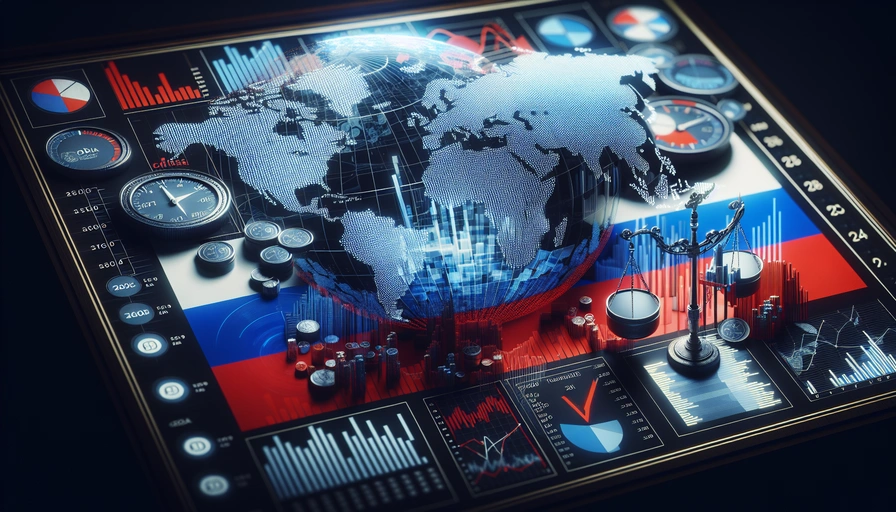In recent developments, Russia has announced significant changes to its tariff policies, which are set to take effect in 2025. These changes are expected to have substantial implications for emerging countries that engage in trade with Russia.
One of the key changes is the increase in export duties on wheat and meslin (a mixture of wheat and rye) to 1,872 RUB per ton, effective from October 16, 2024. This is a significant rise from the current duty of 1,328.3 RUB per ton. Additionally, the duty on barley will increase to 392.8 RUB from 229.5 RUB, and the duty on corn will rise to 2,827.2 RUB per ton from the previous 2,696.7 RUB. These adjustments are part of a broader strategy to manage the country’s agricultural exports and ensure domestic stability. (Source: https://www.kommersant.ru/doc/7229634?from=top_main_1)
Furthermore, the Russian Ministry of Finance has forecasted a 10% increase in regional own revenues and a 7.5% increase in expenditures for 2025. This comes in the context of a projected combined budget deficit of approximately RUB 100 billion for Russian regions by the end of 2024. The Ministry’s projections indicate a focus on balancing revenue growth with controlled expenditure increases. (Source: https://www.kommersant.ru/doc/7328769)
In addition to these fiscal measures, Russia is also tightening conditions for foreign companies operating within its borders. New regulations mandate that foreign companies retain 95% of their business value within Russia upon exit. This move, explained by Deputy Finance Minister Alexei Moiseev, is a response to geopolitical dynamics and aims to apply stricter approaches to foreign company owners wishing to exit Russia. (Source: https://www.kommersant.ru/doc/7233556?from=top_main_1)
These policy changes are likely to impact emerging countries that rely on Russian agricultural exports and those with significant business operations in Russia. The increased tariffs on agricultural products could lead to higher costs for importing countries, potentially affecting food prices and inflation rates. Additionally, the stringent exit conditions for foreign companies may deter new investments and complicate the operations of existing businesses in Russia.
As emerging countries navigate these changes, it will be crucial for them to assess the potential economic impacts and explore alternative trade and investment strategies. The evolving geopolitical landscape and Russia’s fiscal policies underscore the importance of adaptive economic planning and international cooperation.
For more detailed information, please refer to the following sources:
– https://www.kommersant.ru/doc/7229634?from=top_main_1
– https://www.kommersant.ru/doc/7328769
– https://www.kommersant.ru/doc/7233556?from=top_main_1

